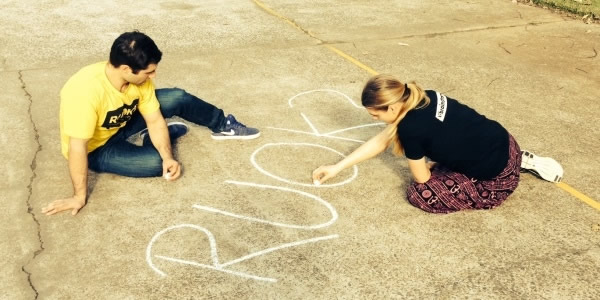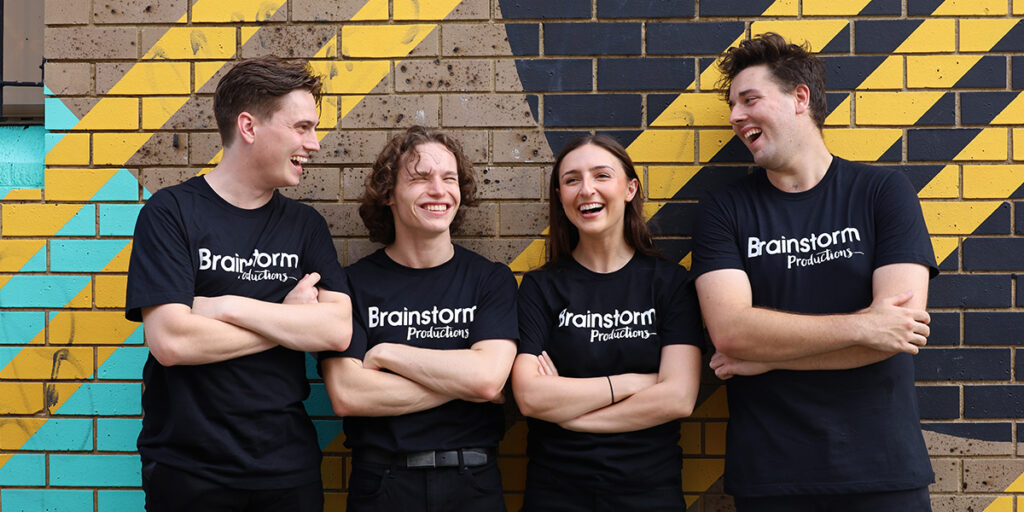R U OK? Day may have wrapped for another year, but this is no reason to stop asking each other “are you okay?”. As the ‘R U OK? at School Partner’, Brainstorm Productions, is helping to inspire teenagers across Australia to start conversations that can make a real difference. Our aim is to visit over 200,000 high school students in the next 12 months and provide advice and tips on how to ask someone if they’re okay and to regularly check-in with their mates.
With more and more children using smartphones and the web for communication, sadly the skills required to have meaningful conversations can be difficult for some kids. As adults, we know the art of conversation takes practice, but for kids overusing technology, initiating and participating in a meaningful conversation can be a struggle. Here are some tips from the R U OK? website that you can share with your students on how to ask ‘are you okay?’:
Step One: Ask R U OK?
- Be relaxed.
- Help them open up by asking questions like “How you going?” or “What’s been happening?” or “How have you been travelling?
- Mention specific things that have made you concerned for them, like “I’ve noticed that you seem really tired recently” or “You seem less chatty than usual. How are you going?”
Step Two: Listen without judgement
- Take what they say seriously.
- Don’t interrupt.
- Encourage them to explain.
- Ask “How does it make you feel?” or “How long have you felt that way?
- If they get angry or upset, stay calm and don’t take it personally. Let them know you’re asking because you care and acknowledge that times seem tough for them.
Step Three: Encourage action
- Show that you’ve listened by recapping.
- Help them think about one or two things that can be done.
- Urge them to commit to doing one thing that might help. You can find all sorts of help here: https://www.ruok.org.au/find-help
- If necessary, encourage them to see a doctor, talk to a teacher or other professional. This is particularly important if they’ve been feeling really down for more than 2 weeks.
Step Four: Follow up
- Make a note to follow up with them in one week. If they’re really struggling, follow up sooner.
- Ask if they’ve managed to take that first step.
- If they made the effort to talk to a doctor, teacher or other professional and didn’t find it helpful, urge them to try a different person because there’s someone out there who can help them.
For some more simple, caring steps on how to ask this question, visit the R U OK? website by click here: https://www.ruok.org.au/how-to-ask or download the following free R U OK? conversation resources:
- Classroom Tool Boxes Years 7-8 – Click Here
- Classroom Tool Boxes Years 9-12 – Click Here
You can also chat to our team about booking one of our in school theatre productions for high schools, which tackle a range of issues including bullying, cyber bullying and student wellbeing. To view all our high school shows, click here.
R U OK? Day 2014
During the week of R U OK? Day 2014, Brainstorm Productions, visited 22 schools and talked to over 4,600 students about asking their mates “are you okay?”. Thank you to all the schools, teachers and students who supported this national day of action.




